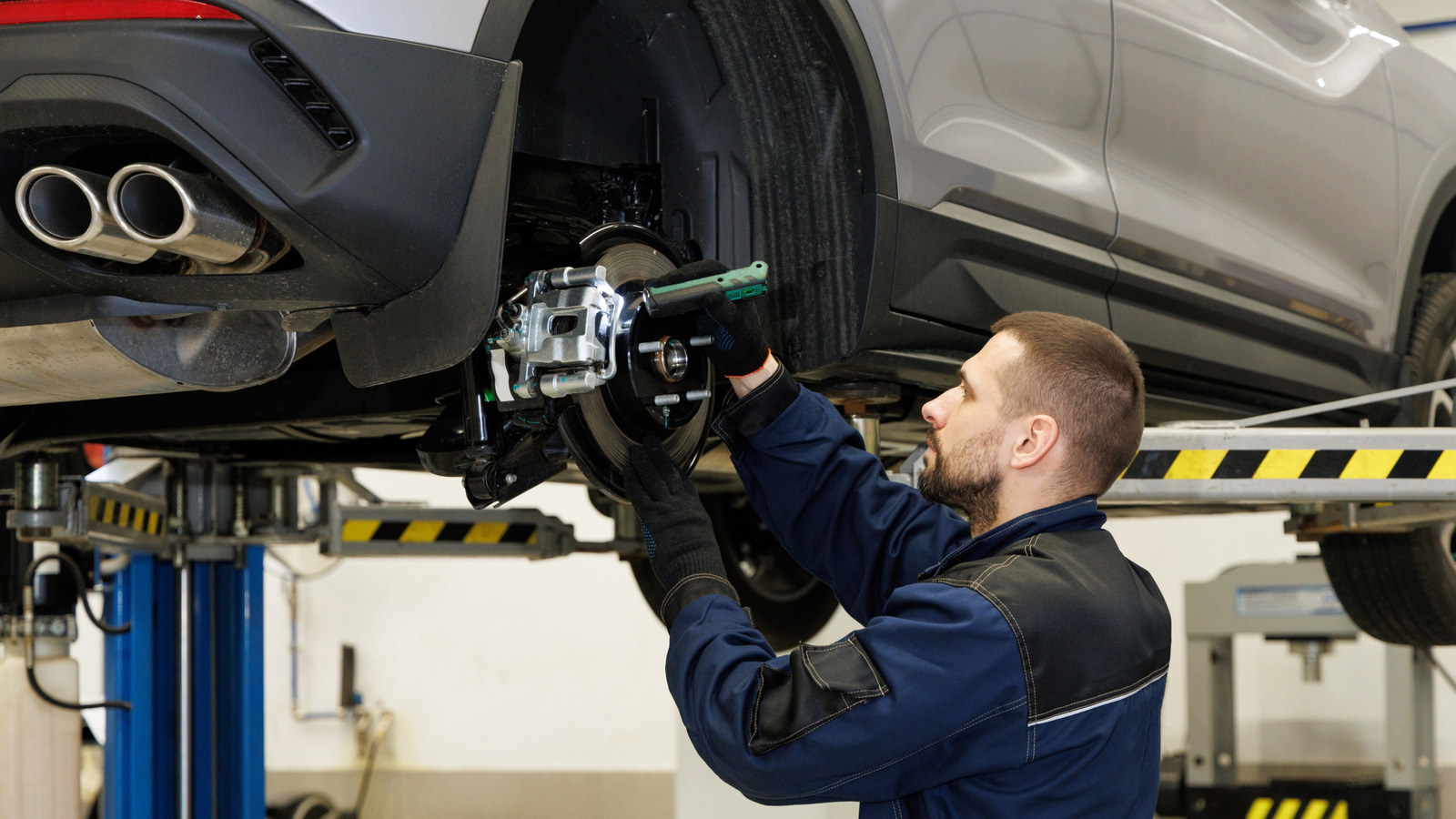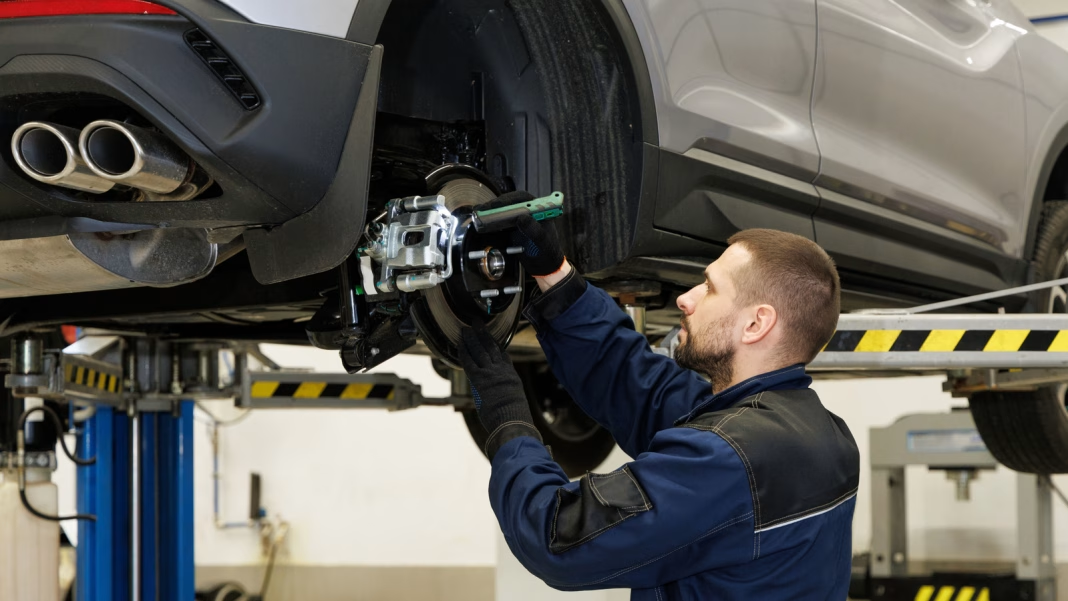What Sounds Signal Brake Trouble and Why Should You Care?
Ever heard a strange noise when you tap the brakes and wondered if it’s just a fluke or a sign of something serious? You’re not alone. Most drivers aren’t mechanics, but your car is always talking to you—especially through sound. Learning to recognize what your brakes are saying can save you money, stress, and even keep you safer on the road.
How Can You Tell If That Squeal Is Serious?
Let’s start with the classic: the high-pitched squeal. It’s one of the most common brake noises, and while it can be annoying, it’s actually designed to get your attention. Most modern brake pads have a small metal tab called a wear indicator. When the pads get thin, this tab rubs against the rotor, creating that telltale squeal. It’s your car’s way of saying, “Hey, time for new pads soon.” Ignore it, and you risk grinding down to metal, which can mean a much pricier repair.
But not every squeal is a red flag. Sometimes, a bit of moisture or dust can cause temporary squeaking. If it goes away after a few stops, you’re probably in the clear. If it sticks around, though, it’s time to get those brakes checked.
What Does a Grinding Sound Really Mean?
Grinding is the sound you never want to hear from your brakes. It’s harsh, metallic, and impossible to ignore. By the time you hear grinding, your brake pads are likely worn down to the metal backing, and now that metal is scraping against the rotor. Not only does this make stopping less effective, but it can also damage the rotors themselves—a repair that can easily run into the hundreds of dollars.
According to a 2023 report from the National Highway Traffic Safety Administration (NHTSA), neglected brake maintenance is a factor in nearly 22% of brake-related accidents. So, if you hear grinding, don’t wait. Get your car to a shop as soon as possible.
Should You Worry About Clicking or Thumping Noises?
Not all brake noises are high-pitched. Sometimes, you might notice a clicking or thumping sound when you apply the brakes. This could mean a few things: loose hardware, worn-out pads, or even a problem with the caliper. In some cases, it’s just a minor issue, like a missing anti-rattle clip. But if the noise is new or getting worse, it’s worth having a professional take a look. Left unchecked, small problems can snowball into bigger, more expensive ones.
Why Do Brakes Sometimes Make a Hissing or Airy Sound?
A hissing or whooshing sound when you press the brake pedal can be a sign of a vacuum leak in the brake booster. This isn’t as common as squealing or grinding, but it’s just as important. The brake booster helps reduce the effort needed to stop your car. If it’s leaking, you might notice the pedal feels harder to press, or your stopping distance increases. According to experts at the Car Care Council, addressing vacuum leaks early can prevent more serious brake system failures down the line.
Are There Any Noises You Can Ignore?
It’s tempting to brush off every little sound, but when it comes to brakes, erring on the side of caution is wise. That said, some noises—like a brief squeak after a rainy night—are usually harmless. If your brakes are consistently noisy, though, or if the sound is getting worse, don’t gamble with your safety.
What’s the Best Way to Stay Ahead of Brake Problems?
Listening is your first line of defense, but regular maintenance is just as important. Get your brakes inspected at least once a year, or any time you notice a new noise. Many shops offer free brake checks, so there’s really no excuse to put it off. And if you’re ever in doubt, trust your instincts. You know your car better than anyone.
The big takeaway? Diagnosing brake issues isn’t about being a perfectionist—it’s about making smarter, safer choices. Start by tuning in to one new sound this week, and you’ll likely catch small problems before they turn into big headaches. Your ears—and your wallet—will thank you.


